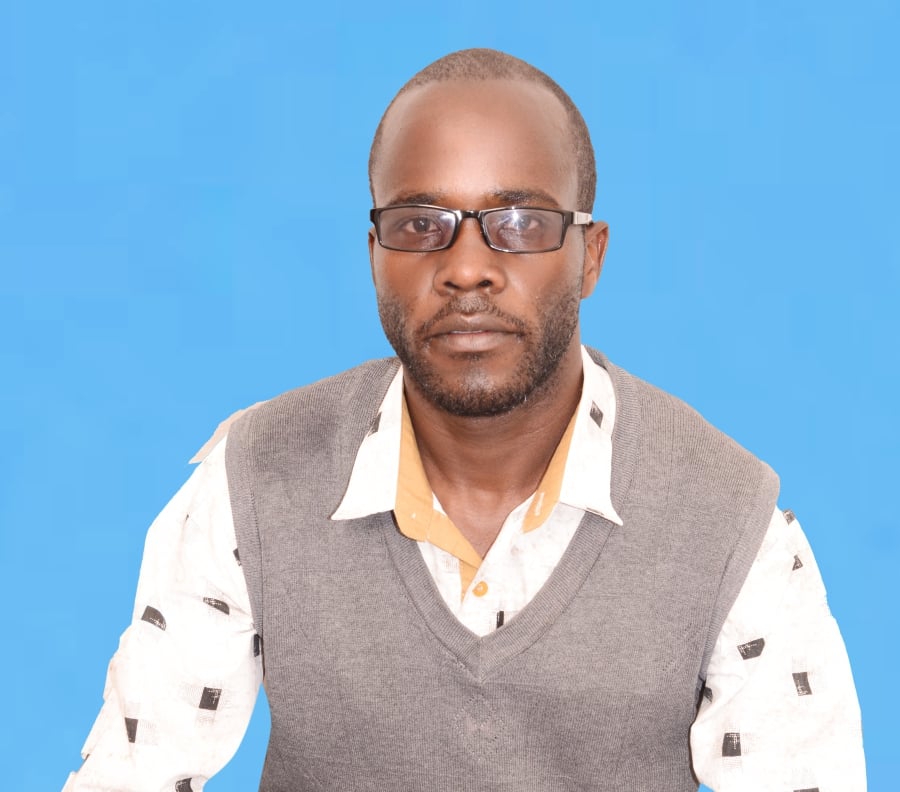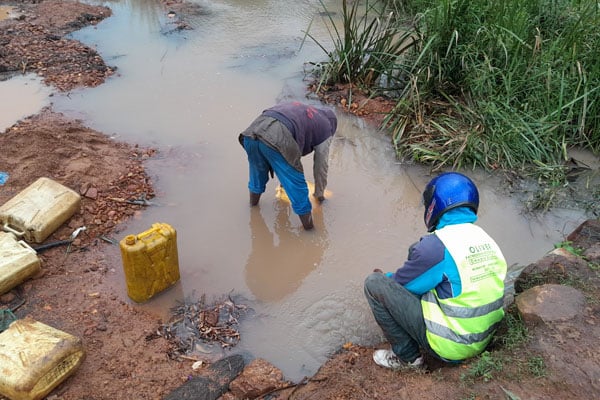Water crisis decelerating progress of SDGs in Africa - experts

Development partners from different African countries during a session on Water and sanitation utilities at the 21st African Water and Sanitation Association Congress & Exhibition on February 21, 2023. PHOTO/ ZADOCK AMANYIS
What you need to know:
- According to the UN, decades of mismanagement, poor management, over extraction of groundwater and contamination of freshwater supplies have worsened water stress in Africa. A number of countries are facing growing challenges linked to degraded water-related bionetworks, water scarcity caused by climate change, underinvestment in water and sanitation and insufficient cooperation on transboundary waters.
The apparent water crisis in Africa has decelerated the continent’s progress in realizing the set United Nations Sustainable Development Goals (SDGs), experts have said.
Development partners including leading experts, engineers, technicians and researchers who are meeting for the 21st African Water and Sanitation Association Congress and Exhibition, and the 7th International Faecal Sludge Management Conference in Abidjan, Cote d’Ivoire, believe that poor water resources management, water quality and risks have thumped efforts in realization of the SDGs at the backdrop of slow Covid-19 recovery and other perennial challenges the continent has been facing including famine.
Dr Dennis Mwanza, a Water Service Development and regulation expert during a session on Water and sanitation utilities, a vital player to reaching sustainable development goals on Tuesday said millions of people in African have inadequate portable water and basic sanitation services.
“With over 420 million people, over 779 million others live with no access to basic sanitation, 839 million still lacking basic hygiene. Africa is worryingly off-track to attaining the SDG6 targets,” he opined.
The purpose of the session was to discuss the pathways that are required to overcome the threats and the investment priorities that could address water security, including sustainable water resource management.
He reminded the participants that SDG6, which is access to safe water, sanitation and hygiene a target that was initially supposed to be hit by 2030 still suffers setbacks yet it is a ground to realization of other SDGs.
According to the UN, decades of mismanagement, poor management, over extraction of groundwater and contamination of freshwater supplies have worsened water stress in Africa. A number of countries are facing growing challenges linked to degraded water-related bionetworks, water scarcity caused by climate change, underinvestment in water and sanitation and insufficient cooperation on transboundary waters.
Mr Bouake Fofana, the minister in charge of Hydraulics and Sanitation in Cote d’Ivoire stated that the water scarcity question on the African continent is a vital topic that should engage all governments, international institutions, technical and financial partners, basin management organizations, local politicians, the private sector, civil society and citizens of all stripes, if Africa is to realize the SGDs.
“Indeed, several major challenges remain on our journey towards achieving the Sustainable Development Goals relating to drinking water and sanitation, in particular, access to water and sanitation at an affordable cost for all,” Mr Fofana stated
He added that water and sanitation systems remain underfunded and this comes with disastrous consequences, especially for the poorest populations.
The minister appealed to technical and financial partners to make the mobilization of the concessional financing necessary subject to the increase in the financing of the water sector.
Mr Michel N’guessan, a senior water and sanitation officer at the African Development Bank indicated that water utilities in Africa suffer challenges including low revenue due mainly to low tariffs, high operational inefficiency, energy costs, low investment in the sector and limited private sector participation, the reason attainment of water and sanitation remains a challenge.
According to The Water Project, an organization providing water projects to communities in sub-Saharan Africa,771 million people are still lacking even a basic drinking water service water from an improved source (like a well or protected spring) that they can access within 30 minutes round-trip,282 million use limited services - water from an improved source that takes more than 30 minutes to access round-trip,367 million use unimproved sources - water from an unprotected well or spring, while 122 million drink surface water - water from a river, dam, lake, pond, stream, or irrigation canal in Africa.





